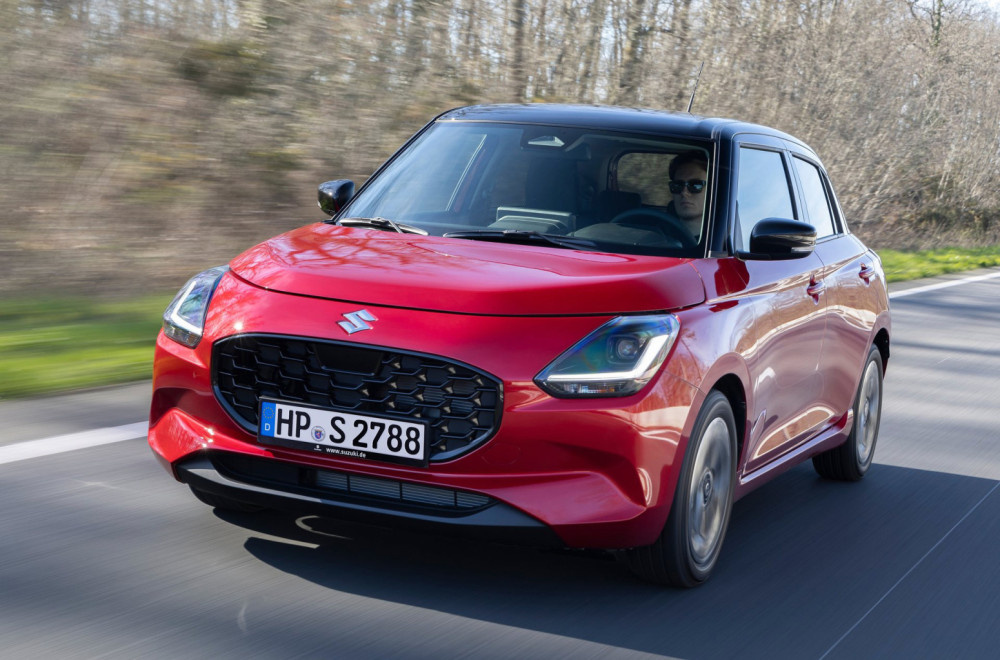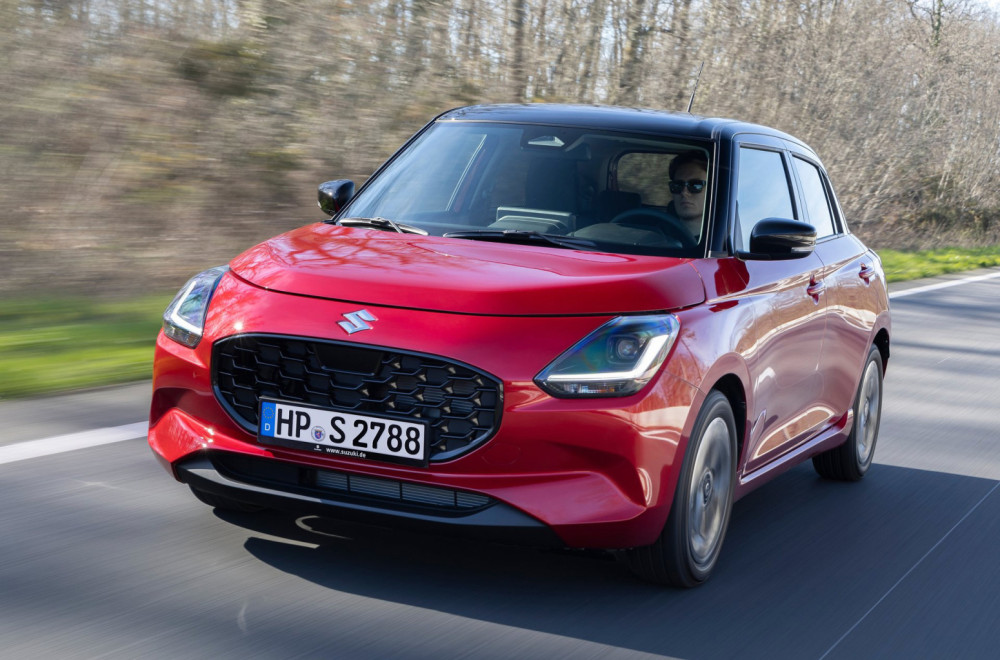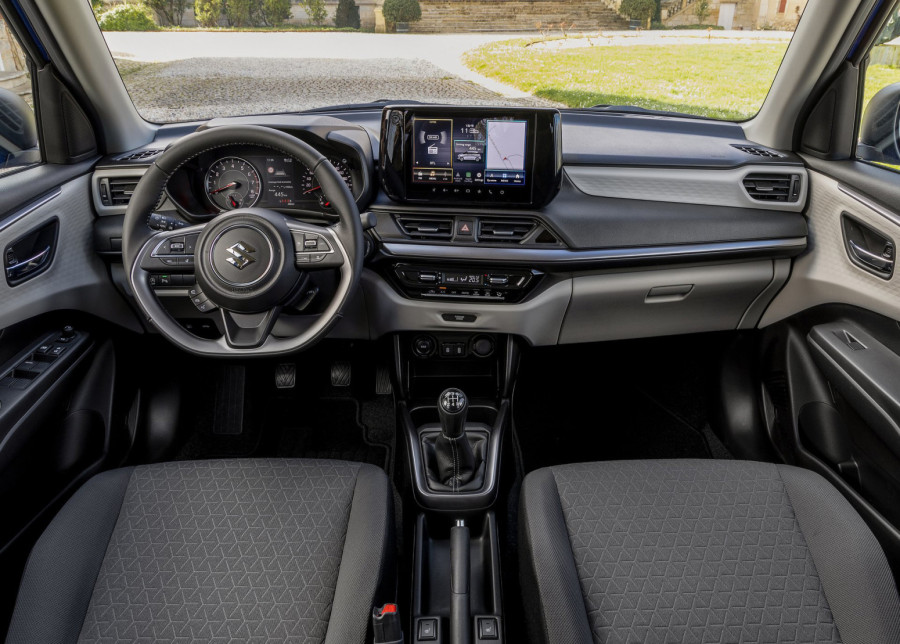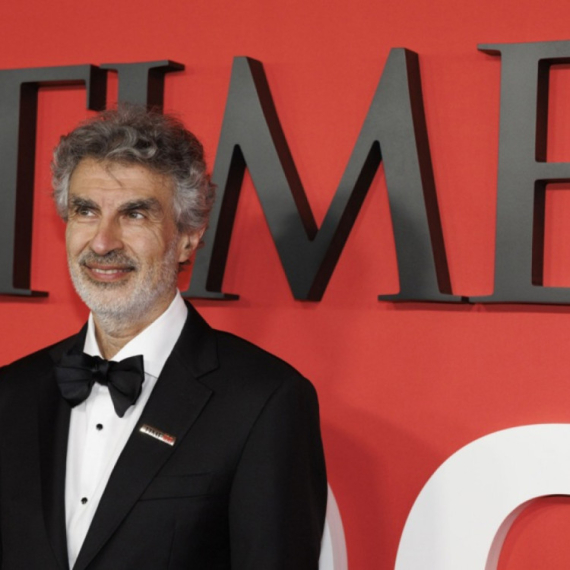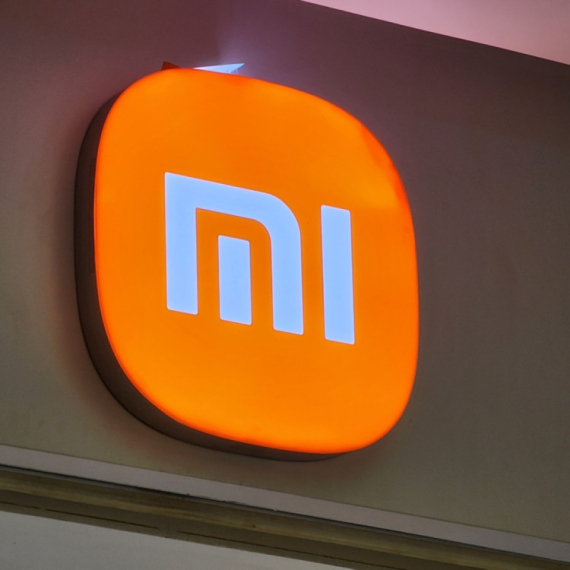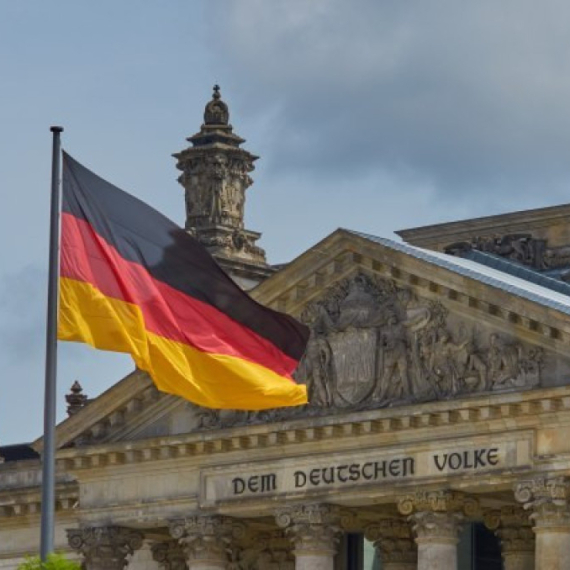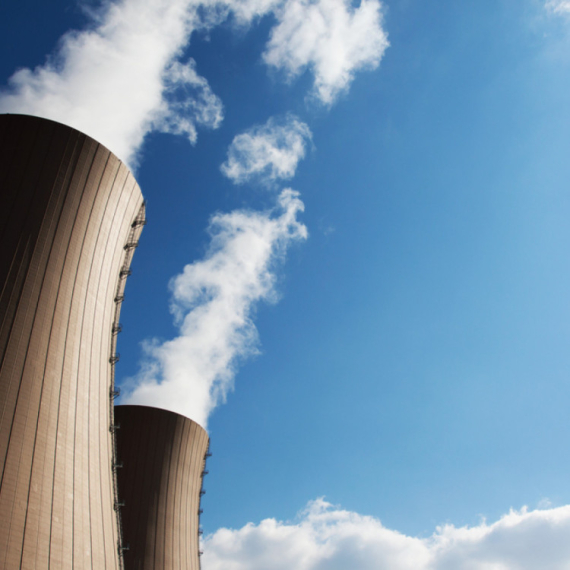Suzuki has temporarily halted production of the Swift model due to supply issues of rare minerals following China’s tightened export rules on key raw materials such as dysprosium, gadolinium, and other rare earth elements. These restrictions have seriously disrupted supply chains in the global automotive industry. Suzuki plans to resume production at reduced capacity from June 13, reaching full capacity after June 16. European car manufacturers like Mercedes and Volkswagen are also affected, though some currently face no supply issues. This situation highlights the global dependence on Chinese rare minerals and the challenges faced by industries due to geopolitical decisions.
Political Perspectives:
Left: Left-leaning outlets emphasize the geopolitical implications of China’s export restrictions, highlighting the vulnerability of global supply chains and the need for diversification away from Chinese dominance in rare minerals. They may also critique the global capitalist system that allows such dependencies and call for stronger international cooperation and regulation.
Center: Center-leaning sources report the facts of Suzuki’s production halt and China’s export restrictions, focusing on the economic impact on the automotive industry and supply chain disruptions. They provide balanced coverage including statements from affected companies and industry associations, emphasizing the temporary nature of the disruption and plans for recovery.
Right: Right-leaning media often focus on the challenges posed by China’s restrictive trade policies, framing it as a strategic move by China to exert economic pressure. They may emphasize the need for national security considerations in supply chains and advocate for increased domestic production or alliances with non-Chinese suppliers to reduce dependency.





